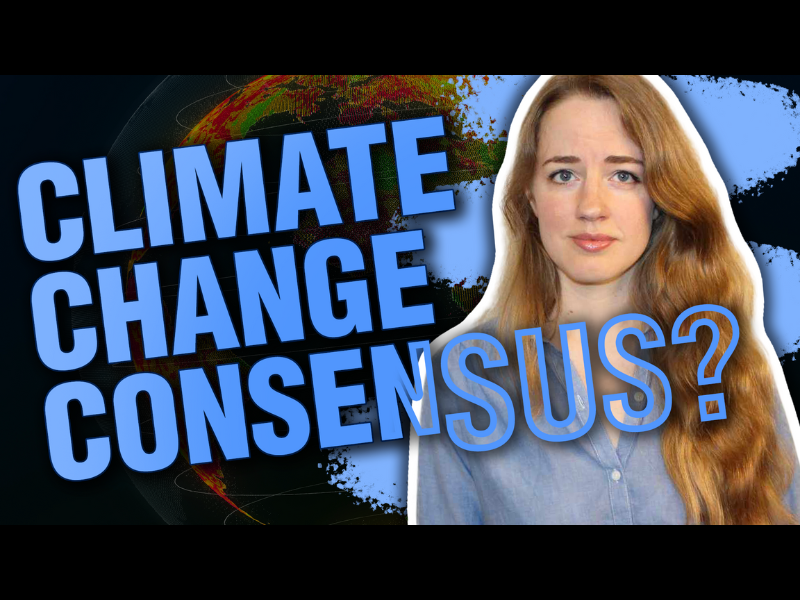He has laid waste to Barack Obama’s radical environmental legacy, which is why Democrats, the mainstream media, academia, environmentalists, and left-wing advocacy groups are in full-panic mode. Out of desperation, these zealots (aided by the media) are resorting to unwarranted character assaults to challenge Pruitt’s integrity and diminish his authority.
The disingenuousness of these attacks is made evident by the silence of these same groups when several Obama-era federal agencies engaged in illegal and/or unethical activities. The fact very few Americans know the name “Richard Windsor” is proof of selective outrage by “good government” groups and the media. (Windsor is the name of a fake EPA employee created by former EPA head Lisa Jackson to skirt public-records laws.)
Thankfully, Pruitt is not letting ad hominem attacks distract him from his mission of implementing a “back to basics” agenda for EPA. Unlike most of his predecessors at EPA and his opponents on the left, Pruitt believes, “We can and we will achieve clean air and clean water and we will also have strong economic growth and job creation at the same time.”
To accomplish these long-overdue reforms, Pruitt has focused on and been incredibly successful at implementing a “three E’s” strategy: concentrating on the environment, economy, and engagement with state and local governments.
Here are just some of Pruitt’s remarkable achievements:
- Protecting the Environment
Under Obama, the EPA became a highly politicized agency, one that had been captured by radical environmental groups. When Pruitt took office, he vowed to refocus the agency on its core mission: protecting the environment and staying out of politics.
In May 2017, Pruitt created the Super Fund Task Force “to provide recommendations for improving and expediting site cleanups and promoting redevelopment.” As of this writing, EPA has already completed seven Super Fund site clean-ups.
Additionally, EPA is prioritizing drinking water problems, including the egregious lead problem that arose during the Obama era in Flint, Michigan.
- Sensible regulations that encourage economic growth
Obama’s two EPA administrators, Jackson and Gina McCarthy, instituted an unprecedented era of unnecessary, costly, burdensome rulemaking, undermining personal property rights and economic growth.
Fortunately, Pruitt has put an end to this. His highlights, which are many, include announcing that the United States will pull out of the Paris climate accord.
In 2016, Obama pushed the United States into the Paris climate agreement, which analysts found would reduce U.S. gross domestic product by more than $2.5 trillion and result in an average annual job loss of nearly 400,000 by 2035 compared to jobs projections without the accord.
Pruitt has been a staunch advocate of withdrawing from this fake “treaty,” and his support for the idea surely contributed to Trump’s decision to pull back from the Paris accords.
In October 2017, Pruitt proposed repealing Obama’s Clean Power Plan, a set of regulations that economists estimated would cost U.S. taxpayers $40 billion per year and produce no effect on global carbon dioxide levels.
Also in October, Pruitt issued a directive to end EPA’s “sue and settle” practices, a scheme in which radical environmental groups sue EPA to impose their agenda and EPA chooses not to fight the lawsuit in order to satisfy radical environmentalists’ demands.
Putting the interests of ordinary Americans ahead of special-interest groups, Pruitt declared in October 2017 “the days of regulation through litigation are over.”
In another measure designed to protect consumers, Pruitt announced in March 2018 the EPA will no longer use “secret science” in crafting regulations. Going forward, EPA rulemaking will be transparent and based on good data—not ideology.
Most recently, Pruitt suspended for review the onerous Corporate Annual Fuel Economy (CAFE) standards Obama’s regime rushed through near the end of his final term. These burdensome regulations mandated unachievable fuel economy standards and would have forced carmakers to produce vehicles Americans don’t want—and for an extra $3,800 per vehicle and negligible environmental benefits.
- Engaging with state and local partners
For decades, EPA has usurped power from state and local governments. Pruitt is reversing this disturbing trend by instituting “cooperative federalism.” Under this program, EPA will coordinate with state and local governments, rather than dictating edicts. His track record so far includes his revision of the definition and implementation of Obama’s 2015 Waters of the United States rule (WOTUS), which was overly broad and abusive. WOTUS effectively granted to the federal government jurisdiction over every puddle and tiny body of water on private land.
“EPA is restoring states’ important role in the regulation of water,” Pruitt stated when announcing the end of the rule.
EPA is also establishing Compliance Assistance Centers to “help businesses, colleges and universities, local governments, tribes and federal facilities understand and comply with environmental requirements and save money,” and it’s introducing Next Generation Compliance standards to “reduce costs and saves time and resources, while improving compliance.”
Under Pruitt, the EPA is no longer imposing onerous rules that stifle economic growth and bankrupt the country. Instead, Pruitt is enacting levelheaded regulations that strike a proper balance between protecting the environment and maintaining consumer freedom.
After little more than a year on the job, Pruitt has transformed EPA’s culture and restored its mission. The EPA Swamp has been substantially drained, a huge setback for power-grabbing leftists. And it’s primarily for that reason the left and mainstream media have succumbed to attacking Pruitt’s character. Just imagine how apoplectic they will get if Pruitt is allowed to continue his record of success in the years ahead!





